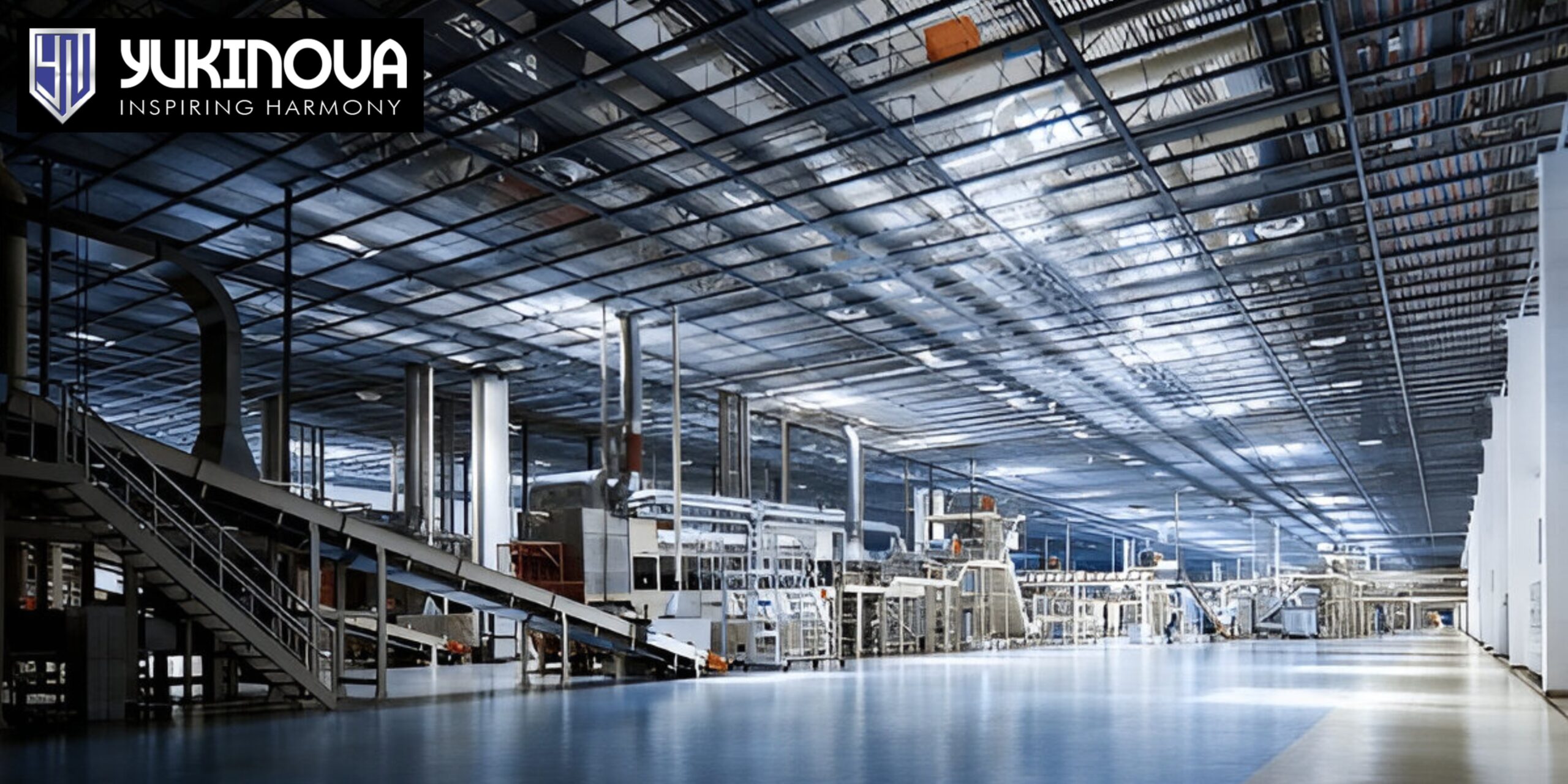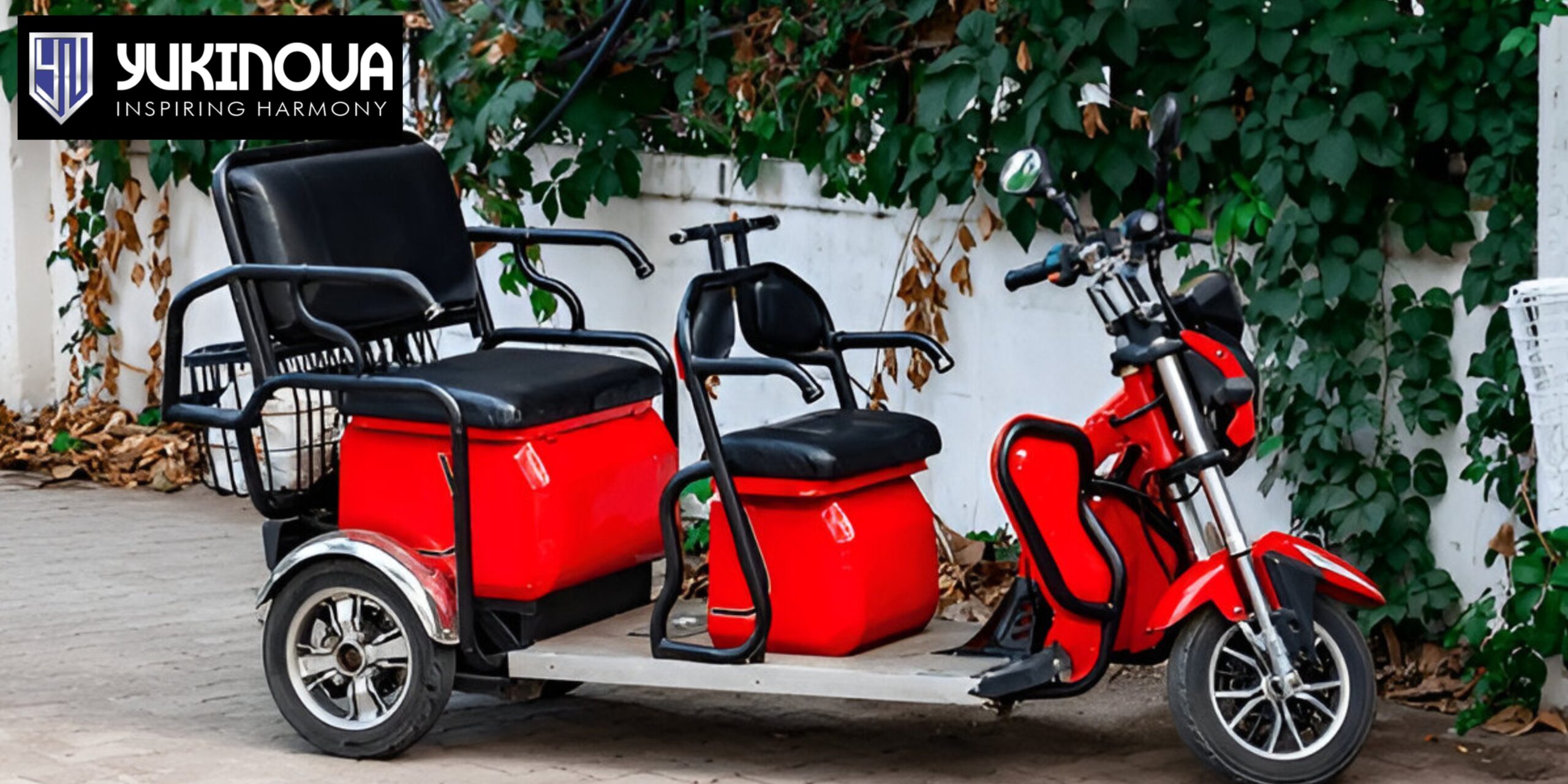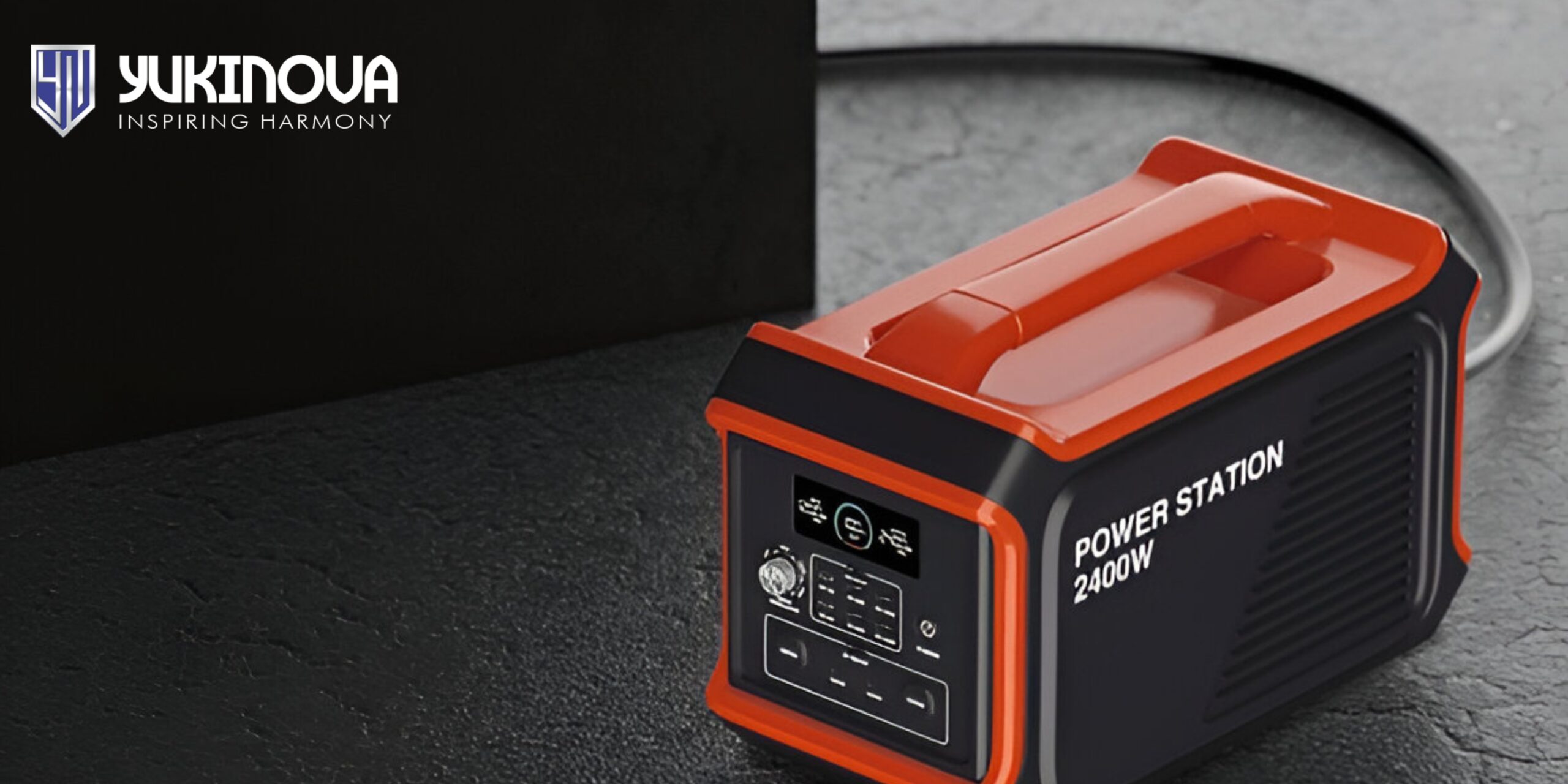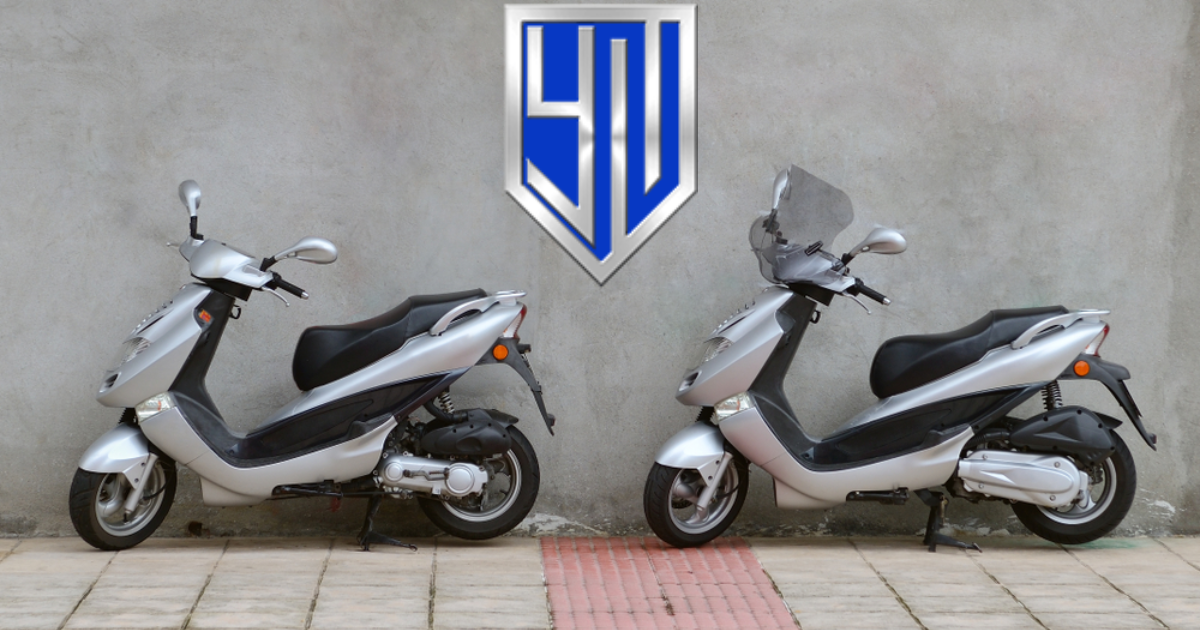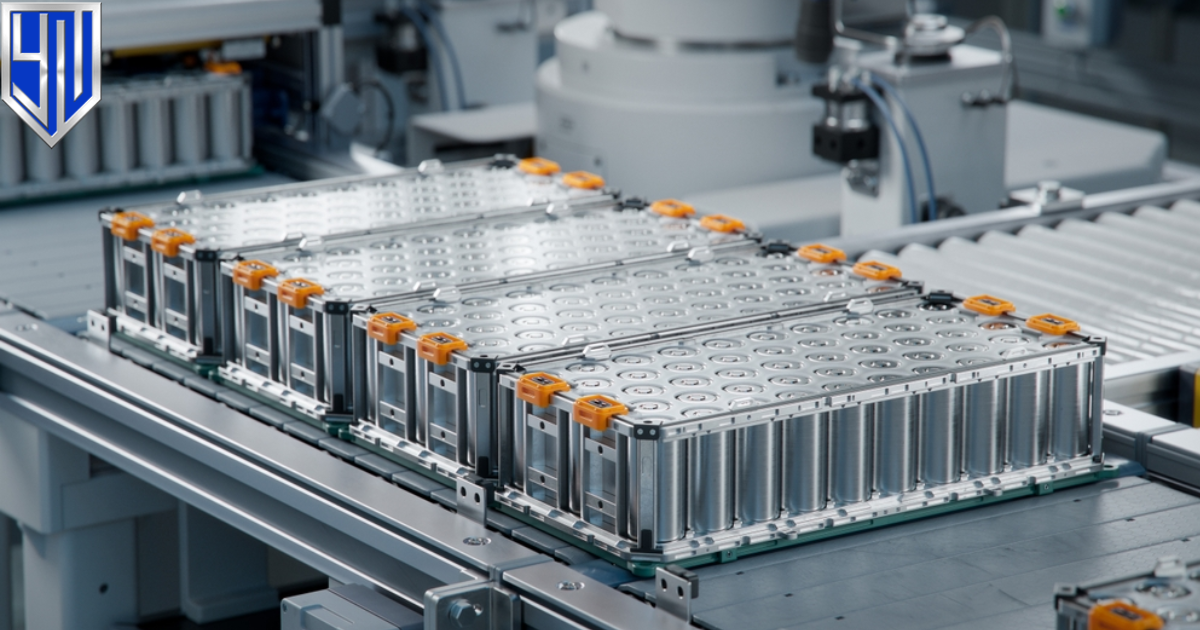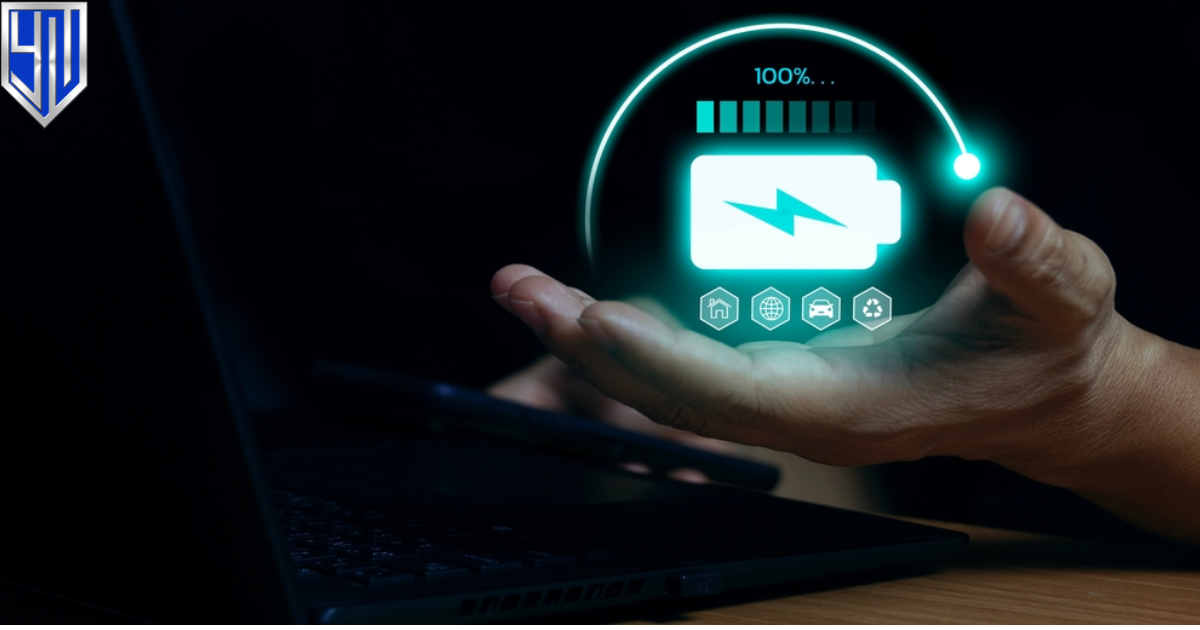In today’s fast-paced world, the need for consistent, reliable energy has never been greater. Whether it’s powering your home appliances, charging devices, or ensuring your family stays comfortable during power outages, a dependable energy solution is essential. Enter Yukinova Energy Storage Systems (ESS) for Residential Applications – the perfect answer to modern energy challenges.
What is Yukinova ESS?
Yukinova ESS (Energy Storage System) is an advanced energy storage solution designed specifically for residential use. It allows homeowners to store energy efficiently and use it when needed. By integrating Yukinova ESS into your home, you can harness the power of renewable energy sources like solar panels, store surplus energy, and access it during peak hours or outages. This not only ensures uninterrupted power but also promotes energy savings and sustainability.
The Need for ESS for Residential Applications
With increasing energy demands and the growing adoption of renewable energy, having a reliable ESS for Residential Applications is no longer a luxury but a necessity. Let’s explore some common challenges Yukinova ESS addresses:
1. Power Outages: Whether due to storms, grid failures, or maintenance, outages can disrupt daily life. Yukinova ESS ensures your home stays powered during these situations.
2. Energy Costs: Electricity bills can skyrocket during peak hours. By using stored energy, you can significantly reduce these costs.
3. Renewable Energy Utilization: Solar panels are a fantastic investment, but without a storage solution, surplus energy goes to waste. Yukinova ESS allows you to store this excess energy and use it later.
Key Benefits of Yukinova ESS for Residential Applications
1. Uninterrupted Power Supply:
Yukinova ESS ensures that your home remains powered even during blackouts. It provides a seamless transition from grid power to stored energy, so you never have to worry about disruptions.
2. Cost Efficiency:
With Yukinova ESS, you can store energy during off-peak hours when electricity rates are lower and use it during peak times. This strategy, known as peak shaving, can result in significant savings on your energy bills.
3. Energy Independence:
By combining Yukinova ESS with renewable energy sources like solar panels, you can reduce or even eliminate your dependence on the grid. This not only lowers costs but also provides a sense of security during emergencies.
4. Smart Energy Management:
Yukinova ESS comes with advanced monitoring and control features, allowing you to track your energy usage, optimize efficiency, and make informed decisions about your consumption.
How Yukinova ESS Works
The Yukinova ESS process is simple yet highly effective:
1. Energy Generation: Your solar panels or other renewable energy sources generate electricity.
2. Energy Storage: Surplus energy is stored in the Yukinova ESS battery system for later use.
3. Energy Usage: During peak hours, outages, or at night, the stored energy is automatically utilized to power your home.
4. Grid Integration: Yukinova ESS seamlessly integrates with the power grid, ensuring a continuous energy supply.
Real-Life Impact of Yukinova ESS
– Imagine this scenario: It’s a hot summer day, and a sudden power outage leaves your neighborhood without electricity. Fans stop spinning, air conditioners shut down, and refrigerators start to warm up. But in your home, life goes on as usual. Thanks to Yukinova ESS for Residential Applications, your stored energy kicks in instantly, ensuring your family stays comfortable and connected.
– Or consider the financial benefits: By storing solar energy during the day and using it at night, you’ve cut your electricity bill significantly. Over time, these savings add up, making Yukinova ESS a smart investment for any homeowner.
Why Choose Yukinova ESS for Residential Applications?
Yukinova ESS stands out for its:
– Reliability: Built to deliver consistent performance even in challenging conditions.
– Scalability: Available in various capacities to suit homes of all sizes.
– Ease of Use: Intuitive interfaces and seamless integration with existing energy systems.
– Durability: Engineered with high-quality materials for long-lasting performance.
– Support: Backed by exceptional customer service and technical support.
The Future of Energy Storage
The demand for ESS for Residential Applications is set to grow exponentially as more homeowners recognize the value of reliable, sustainable energy. Yukinova ESS is at the forefront of this revolution, offering cutting-edge solutions that combine innovation, efficiency, and environmental responsibility.
By choosing Yukinova ESS, you’re not just investing in a product; you’re investing in peace of mind, financial savings, and a greener planet. Join the thousands of homeowners who have already made the switch and experience the difference of uninterrupted living with Yukinova ESS.

